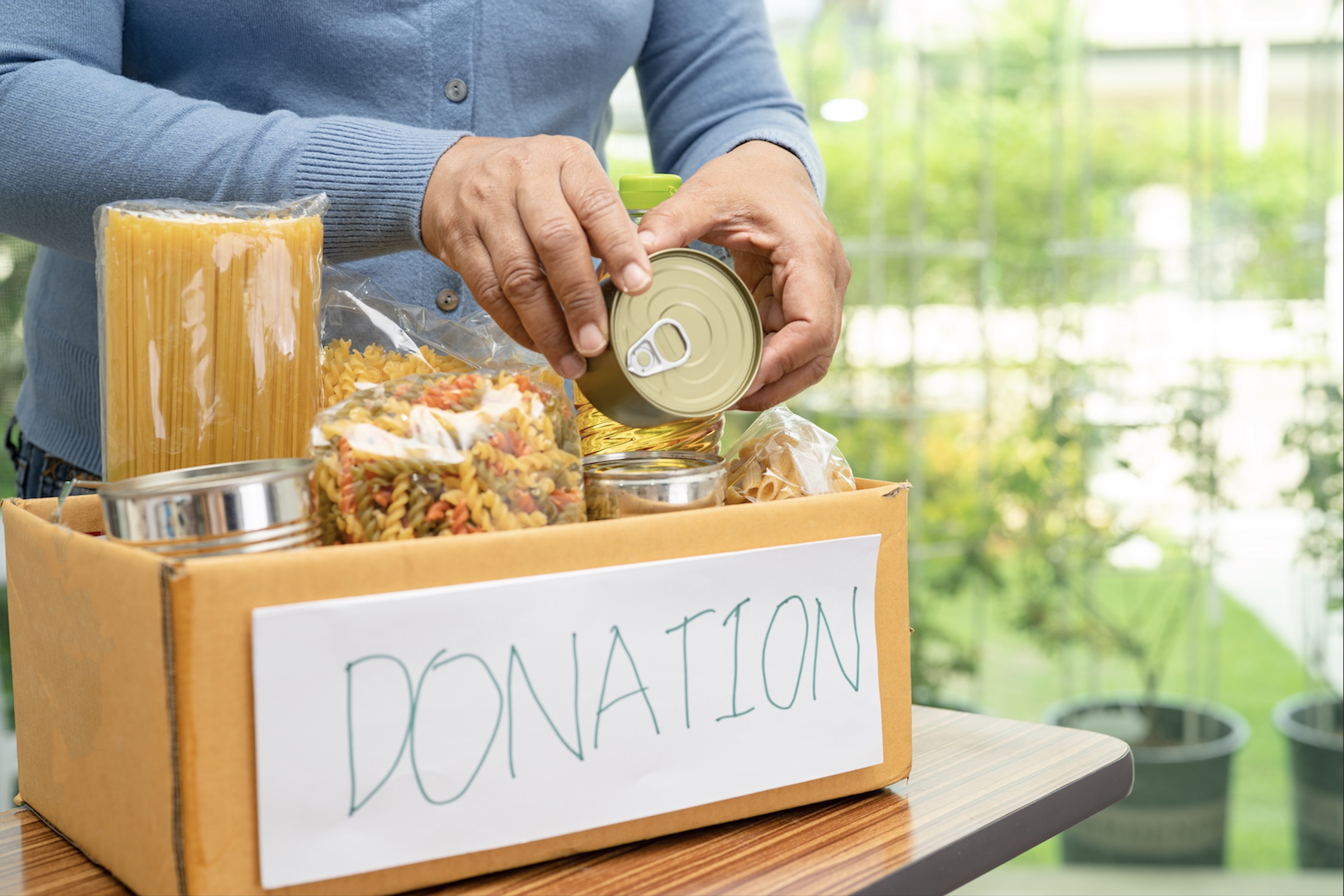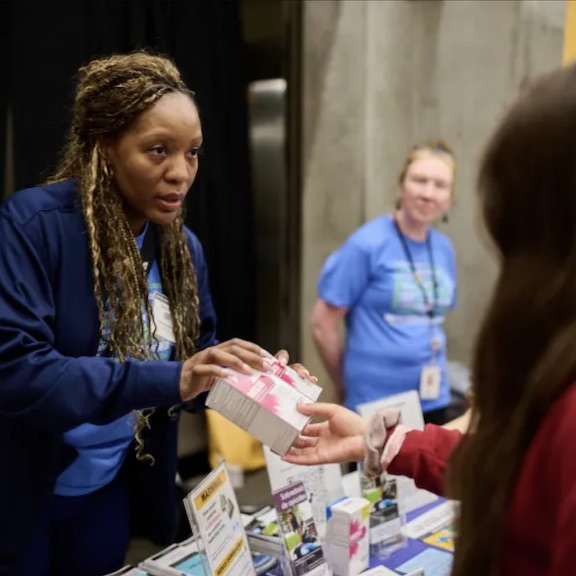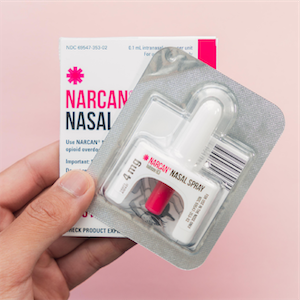Lifecourse
The Lifecourse Framework looks at how risk and protective factors affect health throughout life. It aims to reduce health disparities. Interventions focus on three key areas:
- timeline: different points over a person's life
- timing: critical or sensitive periods when changes can have the most impact
- community context: where risk factors and supports exist
Lifecourse includes the health of parents, children, and families. It also covers injury and violence prevention, chronic disease prevention, access to care and programs that promote active living, nutrition assistance, behavioral health, and mental health.
Supporting food safety at donated food distributing organizations
With FPHS investment in Public Health, we fund two staff members to promote food safety at over 400 food banks, pantries, shelters, summer food programs for kids, and other food distribution organizations. The program helps community members create new ways to safely feed their communities and lower barriers to starting food businesses. We do this through educational visits, inspections, and food safety workshops at no cost. Before FPHS funding, these services were only available to a few organizations that could afford permit fees. This funding also supports foodborne illness investigations and expands commissary kitchen capacity. Our goal is to lower barriers and reduce unpermitted food vending. By encouraging safe food practices at distribution organizations, we reduce the spread of foodborne illnesses and improve food security and health.


Traffic safety: Funding car seats through our Community Health Worker Program
In 2024, the Community Health Worker (CHW) programs faced reduced funding for car seats from their main partner. This left a significant resource gap. Meanwhile, the number of refugee and undocumented families working with CHWs increased. These families cannot access car seats through health plans like others and rely on donated seats. Thanks to the funds from FPHS, we purchased $5,000 worth of car seats for the Public Health’s Community Health Worker-Child Passenger Safety Technicians (CHW-CPST). This ensures that families visiting Public Health clinics receive safe car seats for their children. CHW-CPSTs provide parents with the education and skills needed to transport their child safely in a vehicle.
Overdose prevention and response
FPHS funding has expanded opioid response efforts, facilitating collaboration between participants 30 organizations providing specialized training for housing providers, site visits to housing programs, and piloting interventions with seven organizations. This investment has been crucial in addressing the opioid crisis and supporting community partners.
 Translate
Translate



